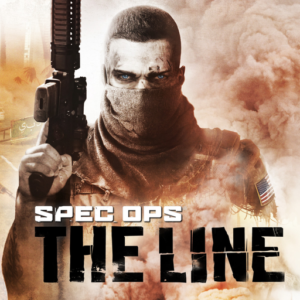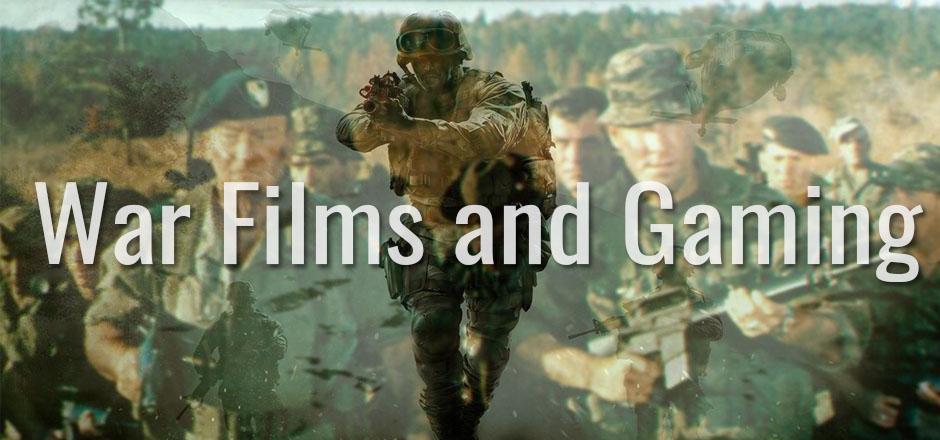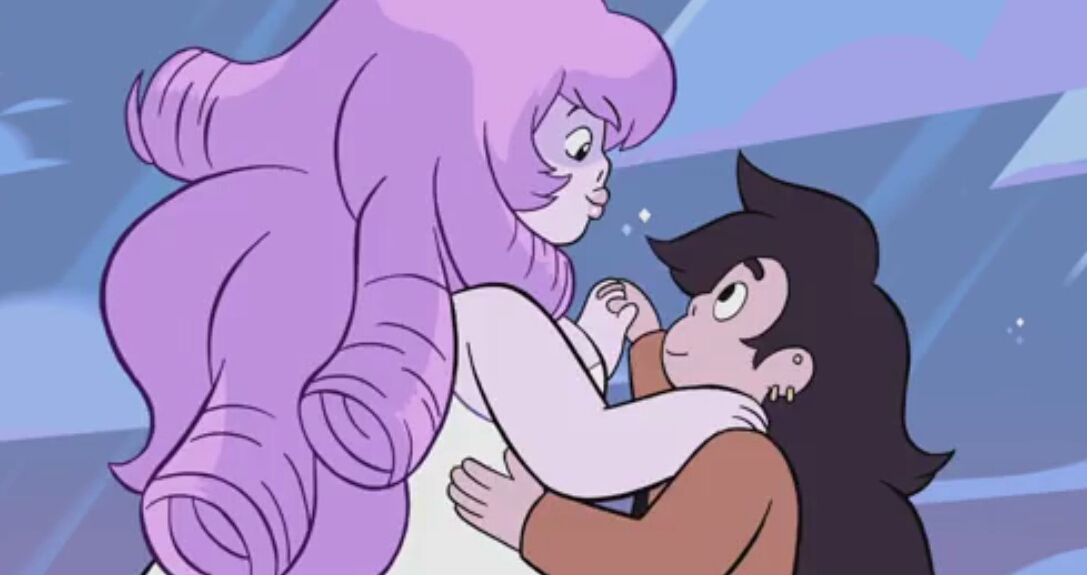Visual media has a long and complex history with war. Even since the beginning of the medium films have been attempting to portray war on screen. Sometimes it was for blatant propaganda, and sometimes it was an honest attempt to get to the heart of the issue. In the early days, most of these films were propaganda – even the ones that weren’t supposed to be often became it due to the limitations of the studio system (i.e. don’t make America look bad).
But as decades have passed and as filmmakers were given more freedom, more and more explicitly anti-war films have come out. We’ve gone from Sergeant York to Saving Private Ryan, The Green Berets to Platoon.
There’s no one discernable reason for this change; it could be anything from the end of the Hays Code to the increased prevalence of independent films, to simply a change in what American audiences want out of their entertainment.
In the midst of this transformation in the world of film, a new visual medium began to soar in popularity. By the late 80s and early 90s, home video games were everywhere, and — similar to early reactions to films — it was often dismissed as fluff. Video games were for kids, just dumb entertainment. But by the time the early 2000s rolled around plenty of adults were playing, too, and the video gaming market was trying to advertise to that audience.
There were plenty of military-themed video games in the early days of gaming, but the genre didn’t really take off until Call of Duty came out in 2003. To call the Call of Duty games propaganda would be a bit much, but what they share with early war films is more the lack of depth. Call of Duty – as a series, really – doesn’t really say much beyond “hey, isn’t it great to win? Aren’t we great? Also, terrorists are bad and we should kill them.”
This isn’t too far a cry from a movie like The Green Berets, which says “Isn’t John  Wayne just the best? Look at how American and great he is. Watch him shoot some Viet Cong. This war is going great for us and there’s no way we could possibly lose, believe me!”
Wayne just the best? Look at how American and great he is. Watch him shoot some Viet Cong. This war is going great for us and there’s no way we could possibly lose, believe me!”
These things are certainly products of their times. In the case of The Green Berets, it was released at a time when war enthusiasm was low and the government wanted the American people to believe we were winning in Vietnam. Call of Duty was released at a time of intense jingoism and patriotism in the years directly following 9/11. Sure, Call of Duty was set during World War II, but I believe much of its success could be due in part to how it felt for players to be killing a historical American enemy.
Several decades after The Green Berets debuted in theaters, Oliver Stone made the more solemn Vietnam war movie Platoon. Stone himself said that he created Platoon as a response to The Green Berets, which he despised for being a completely ridiculous and unrealistic portrayal of the war. Platoon instantly went down as one of the best and most honest war films ever created and set a precedent for what war movies looked and felt like.
I believe we are seeing a form of this pushback now within the video game industry as well. Call of Duty still rakes in hundreds of millions of dollars almost yearly, but there has been a lot of push back towards the kinds of narratives the game tends to promote.
The 2010s have already brought a plethora of games depicting war in more realistic or tragic ways. One of the most notable is 2012’s Spec Ops: The Line.
Games have an advantage over other visual mediums: they’re interactive. The  developers of Spec Ops used this to their advantage and created a game where you not only feel sympathy for the characters but you’re also personally responsible for their fate and more importantly their actions.
developers of Spec Ops used this to their advantage and created a game where you not only feel sympathy for the characters but you’re also personally responsible for their fate and more importantly their actions.
This isn’t a game where you get an exhilarating rush of adrenaline while mowing down waves of bad guys with a machine gun. Spec Ops goes out of its way to show you the dead and dying – the effects of what you as the player have done.
One widely-discussed scene has the player gas-bombing the enemy with white phosphorus. After you personally give the order to let the bombs loose, the player walks through the destruction they’ve caused. A soldier crawls by missing a leg, another cries out for help as the player’s squadmates berate you for what they’ve just done. It crescendos into a gut-wrenching climax where the player finds the horrifically burnt bodies of civilians – in particular, a mother clutching her child, both corpses frozen in time.
This is hugely different from the typical Call of Duty setpiece, which may have you jumping off skyscrapers or action-hero leaping onto a helicopter from a sinking battleship. Other games have tried to answer Call of Duty’s zaniness in recent years as well. This War of Mine is a fairly recent indie title that focused instead on making the player feel the consequences of murder, on creating the sense of hopelessness those caught in the crossfire would feel.
Maybe it’s because video games have gotten to the point where people are expecting more out of their themes now, but the themes of games like Call of Duty and Battlefield are already starting to feel outdated similarly to movies like The Green Berets. Not every game needs to be a masterpiece of theme and storytelling, but I do hope the trend toward thoughtfulness continues to evolve just as that of filmmaking has.
[coffee]






